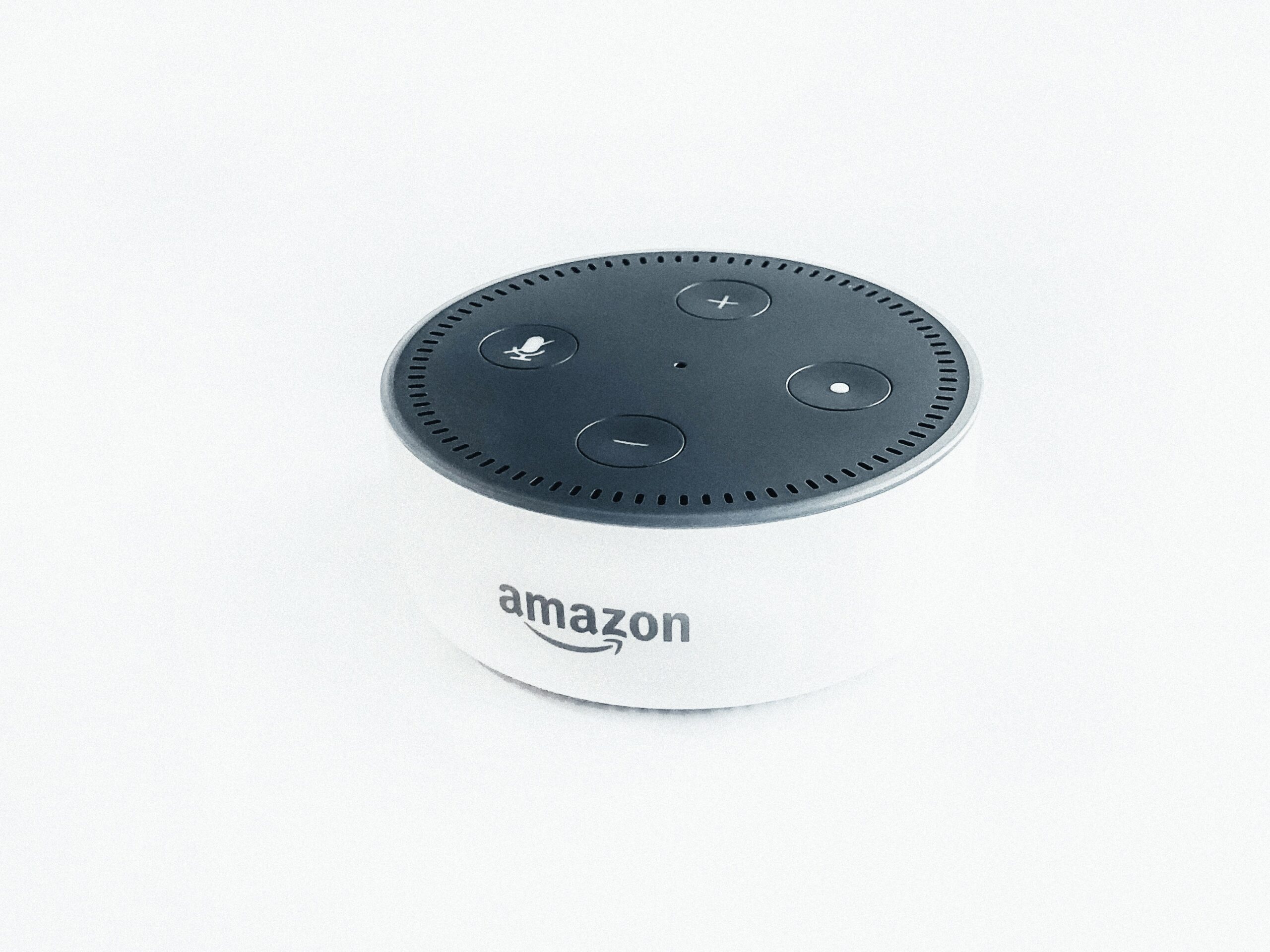The team at Lexic Minds had the privilege of interviewing Jennifer Bierbauer, an advocate and professional with ADHD and autism. In a world where neurodivergence is often misunderstood, Jennifer’s experiences and practical advice stand out as a testament to resilience and adaptability.
Her journey through personal and professional challenges offers a sense of solidarity and inspiration for those facing similar struggles. This blog entry highlights some of her key strategies, tips, and the lessons she’s learned along the way.
To hear the complete conversation with Jennifer B., check out the YouTube video below or our Spotify channel.
Jennifer’s Diagnosis and Background
How did Jennifer’s journey with ADHD and autism start?
Jennifer’s journey began with a growing awareness that her challenges with focus, sensory sensitivity, and organization were not just quirks but deeply rooted in neurodivergence.
It wasn’t until adulthood that she received a formal diagnosis of both ADHD and autism. The late diagnosis brought clarity and a sense of validation, giving her the tools to finally understand the source of many life-long struggles.
What is it like to receive an ADHD/Autism diagnosis as an adult?
Being diagnosed as an adult was a trying experience for Jennifer as it required time and financial investment. However, it explained so much of her past and why her coping mechanisms were helpful or not.
Post-diagnosis, she adapted to long-held habits, new tools, and the right balance between self-compassion and personal growth.

Tips and Strategies for Navigating ADHD and Autism in Daily Life
What are three top tips for managing ADHD and autism?
These are three coping mechanisms that you can use to manage ADHD and autism, as explained by Jennifer Bierbauer.
- Use sensory-friendly environments. Adjust your environment with noise-canceling headphones, weighted blankets, or lighting that reduces sensory overload.
- Break tasks into small steps. Large tasks can be overwhelming, so Jennifer suggests breaking them down into manageable pieces to avoid stress.
- Stick to a visual routine. Visual schedules, color-coded planners, or habit-tracking apps can help build and maintain structure.
What additional challenges do late-diagnosed adults face?
Jennifer shared with us that the emotional impact of receiving a late diagnosis was a mix of frustration over frustration and relief that she finally had answers. As she mentioned, you must focus on self-acceptance and patience when adapting to new coping strategies.

Tools and Techniques for Success with ADHD and Autism
What tech tools to use recommend for ADHD and autism?
Some tools that Jennifer uses daily for her ADHD and autism are:
- Virtual assistants like Siri and Alexa which read to her daily tasks and set reminders
- Noise-canceling headphones to reduce distractions
- Visual physical planners and apps to track daily routines and goals
How to cope with ADHD executive dysfunction?
Executive dysfunction can be one of the most frustrating aspects of ADHD and autism. Jennifer recommends using external support systems like alarms, sticky notes, and digital reminders. She also breaks down her day into clear and small tasks to avoid becoming overwhelmed.Â

Neurodivergence in the Workplace and Social Life
What are the biggest challenges Jennifer has faced at work?Â
Jennifer’s main struggles at work include managing time efficiently, staying organized, and balancing multiple tasks. Open office environments, long meetings without breaks, and the pressure to constantly shift focus from one task to another can feel overwhelming.
Are these challenges for you, too?
How does Jennifer advocate for herself at work?
Jennifer has found it essential to advocate in her groups and networks.
She has learned to request accommodations at work, like quiet working spaces or flexible hours. She educates her colleagues about her neurodivergence and explains the types of support that help her succeed.
What strategies help with workplace communication? Â
Face-to-face or video communication is better for Jennifer than lengthy email exchanges. She uses text-to-speech software to help her process written communication faster and prefers short, focused meetings with clear agendas.
What advice is there for neurodivergents looking for a job?Â
Jennifer has shared with her mentees how important it is to build a network when looking for a job. Even though it can be a higher challenge for neurodiverse people, it is worth it when looking for a job.
She also recommends not focusing on getting the dream job straight away, as you can start somewhere that later guides you to that ideal position.
Finally, she also suggests reaching out again by yourself after interviews to be present.

Advice for Neurodivergent Adults with ADHD/Autism
How can individuals with ADHD and autism accept their unique thinking styles?Â
Jennifer highlights why recognizing and celebrating neurodivergent strengths is assertive. Non-linear thinking, hyperfocusing on a passion project, or making unique connections are powerful. She encourages neurodivergent adults to lean into their strengths and find ways to integrate them into work and personal life.
Jennifer’s advice offers invaluable guidance for anyone with ADHD and autism. Through self-advocacy, practical tools, and welcoming neurodivergent strengths, adults can create a fulfilling and successful life, professionally and personally.
Read Other Spotlights:
Dyslexia: Supporting Children and Neurodiverse Workplaces
Dyslexia Through the Decades: PhD Simon Lappi’s Academic and Professional Success






